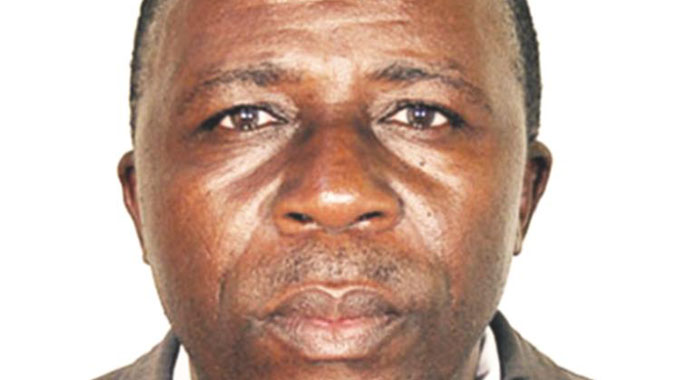Editor stresses importance of good media relations

The Sunday Mail, 9 January 1983
GOOD and effective Press relations are not intermittent, but are the result of continuing contact between the media and business in good or bad times, the Editor of The Sunday Mail, Cde Willie Musarurwa, said last week.
The Editor told an Executives’ Association of Harare luncheon at a local hotel: “In other words, the Press must be told both the good and the bad things about a company, not only the good things. Pressmen will never betray a confidence. That is regarded as tantamount to committing incest.
“When a strike takes place at a firm, the Press must be told. To try to hide it is not good enough, because the Press is bound to sniff and get it. And when the Press gets news against the stout efforts of the company officials, it is a scoop and since a scoop is a gold medal to a journalist, it is shouted from rooftops and written in the best Churchillian English.
“There is pride and an air of triumph against the manager who is trying to hide information.”
Cde Musarurwa praised the Rio Tinto management for engaging in an “aggressive course of Press briefing”, which prepared and forewarned journalists about the inevitability of the closure of Empress Mine.
In too many cases, businessmen flippantly said “no comment” or threatened legal action when approached by newsmen.
“‘No comment’ gives the journalist carte blanche to publish any story that suits his fancy, using his journalistic imagination.”
Cde Musarurwa warned businessmen against the notion that they could scare newsmen by threatening them with libel action.
“The threat of libel, which is used by many company managers to try to intimidate journalists from publishing unfavourable stories about their company, will never restrain a journalist from publishing a good story.
“Journalists are prepared to sacrifice and even die for a good story.
“And in any case, any journalist of average intelligence and experience is capable of publishing a libellous story in unlibellous language. The trouble in this connection is that some unscrupulous lawyers will never tell their client that there is no chance of winning the libel suit because they know that whether their client wins or lose the lawsuit they will still get their pound of flesh.”
LESSONS FOR TODAY
National hero and veteran journalist Willie Dzawanda Musarurwa who was The Sunday Mail’s first Editor following Independence in 1980 was among the pioneers in the media industry. Professional ethics, nationalism and the struggle for Independence taught him to present issues as they were for the national interest.
The media, popularly known as the Fourth Estate, is an important arm, whose responsibility is to ensure that democratic principles are maintained, and its operations are protected by the Constitution.
Government, the business community and civil society need to understand that journalists have a responsibility to report without fear or favour. Journalists are the voice of the people, and they also have an oversight responsibility just like Parliamentarians. Threatening journalists is an attack on freedom of expression and information.
The issue of “brown envelopes” that has in some cases levelled against the journalistic fraternity might have been there during Cde Musarurwa’s time, but not at the level they are reported. Although the media continues to report on corrupt issues, the mere fact that there are claims of selective reporting on corruption due to corruption does not put it in good standing.
For historical information contact:
Zimpapers Knowledge Centre at Herald House on:
+263 8677 004323;
+263 0242 795771
E-mail: [email protected]








Comments